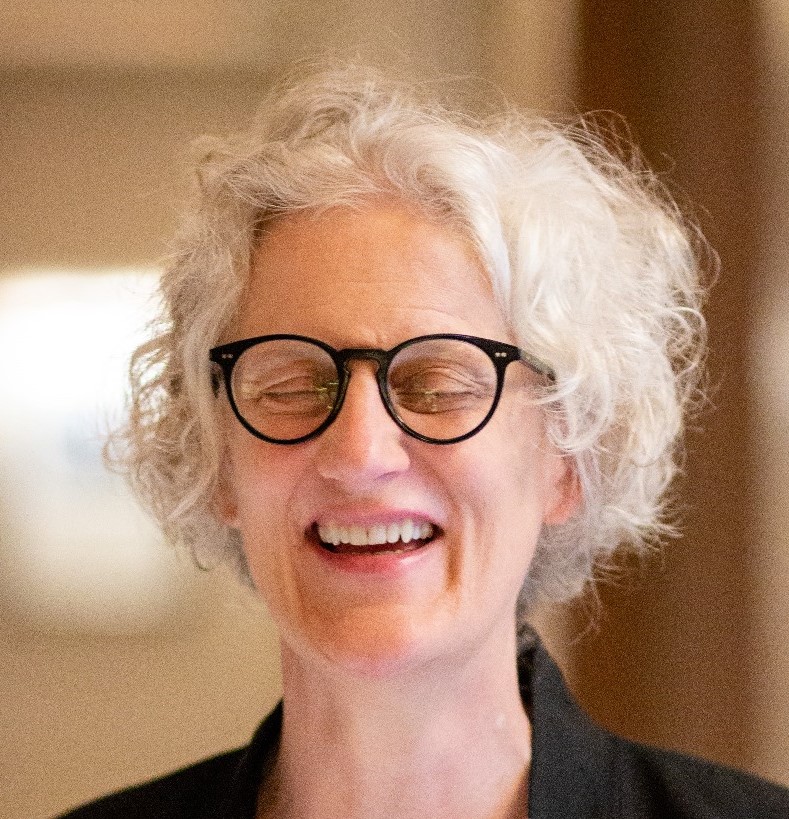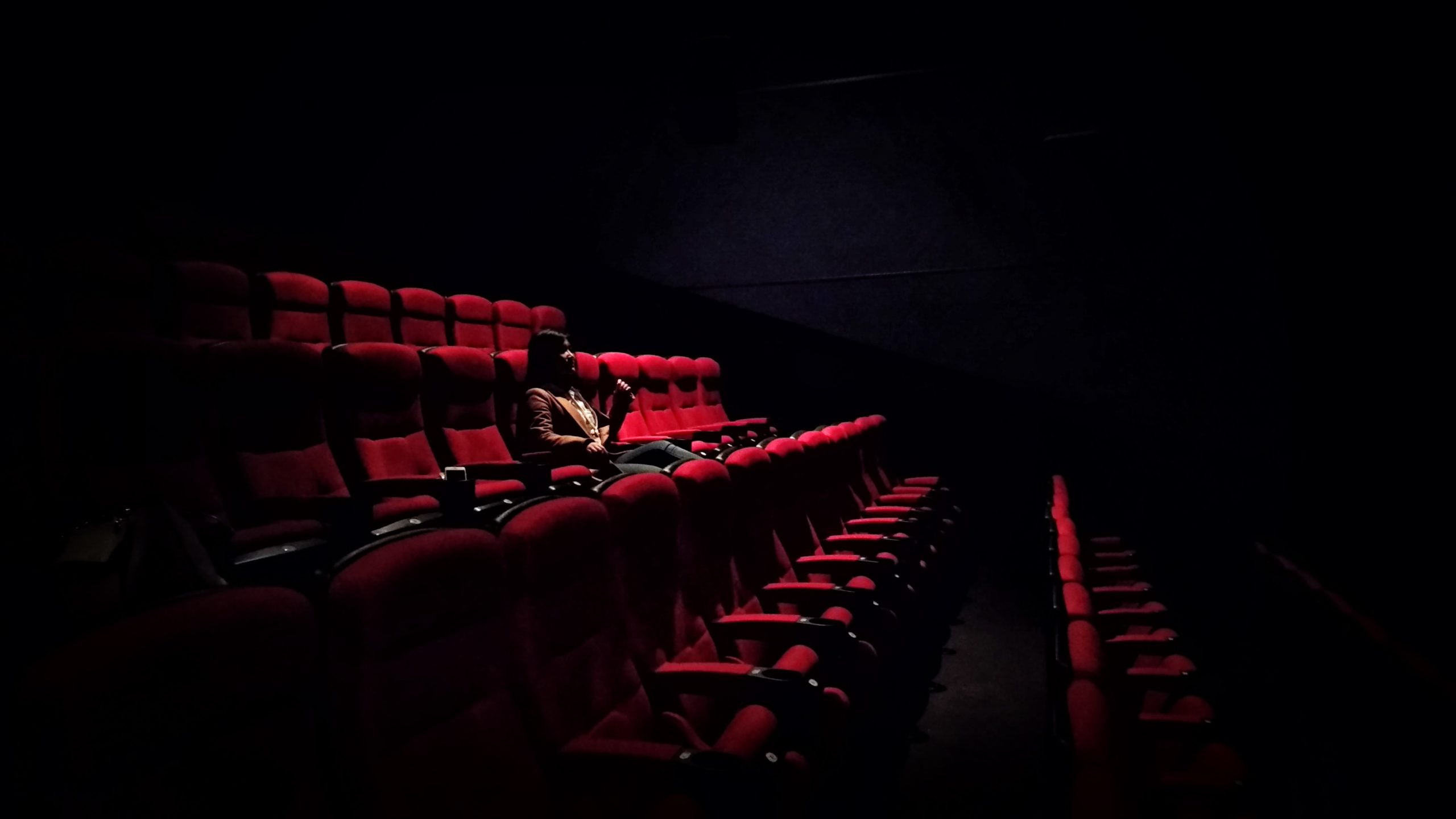
Critic Spotlight: January 2022
Martha Wade Steketee
New York, New York
Primary Outlet: urbanexcavations

Basics first: where do you work (do reviews) and how long have you been there?
I have been a freelance critic since 2006, writing for online and print publications based in Chicago, Philadelphia, New York, and around the country. All my writing and other related research is originally posted or reposted on my website.
What is your background in theater and/or criticism?
I am still at heart the Michigan girl who loved movies and plays and went off to college at Harvard to study literature and make theater. It took me several decades of work in other fields to find a way back to those passions in the fields of dramaturgy and then criticism.
I came at this backwards, not with a BFA or MFA but with a love for theater, training in related fields, then a return to theater in my 40s.
After postgraduate studies in law and social welfare at Washington University in St. Louis and the University of Michigan, I spent 20 years as a court researcher and domestic policy analyst in university research centers and nonprofit research settings in several cities. During those deep social science years, I observed family and juvenile courts, and assembled data of many flavors addressing the status of women and children.
Each case observed was for me a little play, with the cast assembled on the stage of the courtroom. I’d imagine their lives outside and the specific issues the court was to decide, e.g. “was the foster care placement working out?”, “how was the spouse doing in his batterer program?” I’d muse about the intersection of these lives “off stage” out of court. I was doing the work of a dramaturg in a court researcher’s disguise.
Soon into the new millennium, I began to blend skills I accrued along the way (interviewing, data collection, synthesis) back into my never-absent passion for theater to forge a new career identity as dramaturg and critic.
What led you to become a critic?
Simply stated: I came to dramaturgy and then criticism after the overwhelming realization, after the death of my father in 2003, that life was too short not to explore work in the theater in some form. At that time, I read plays for fun and was out in the theater multiple times a week during my full time work as a court researcher in Washington DC. I gradually shifted the balance to reading scripts for theaters and writing about what I saw on stage, and moved my research work to consulting positions. With our next move to Chicago, I jumped into work with some of that city’s great theaters — I read work in development or under consideration for several theaters’ production seasons, observed rehearsals and run throughs, and provided feedback. As I did as a court researcher, as a production dramaturg I synthesized materials for actors and designers and audiences for use in creating the world of productions. As a critic, I observed from theater seats the finished product, informed by all I know about how the work is made and how it feels.
Criticism has always seemed to me to be a natural extension of court observation and dramaturgical work — closely observing and offering reactions to what is seen and heard in an artform I love.
Do you have any particular philosophy about criticism that guides you?
Honesty and respect for the art.
What are some things you look for in a play?
I hope most to keep my own biases to the side (let’s be honest, we all have genres we love more than others) and to respond to a play or a musical or a theatrical event on its own terms. I look to be inspired, I look to be moved, I look for more than being read some details or characters talking to me about past events. And on the other hand (and let’s argue the other side for a moment, shall we), a story may be about some past events and characters with different perceptions of them, telling their stories and revealing the differences, so I just better pay attention to what the playwright is trying to say.
I am challenged to watch and listen and try to understand what the playwright and creative team and performers are sharing with us in the audience.
Tell me about a specific play that you found either overwhelmingly good or seriously problematic. Is it easier to write good or bad reviews?
I hate to single out plays or performances outside of reviews or adjudication discussions. There’s always something of value in a performance or a play on the page.
With reviews of shows I loved I am challenged to avoid gushing, and in reviews of shows I didn’t like as much I am challenged to avoid stomping on what was disappointing or insulting and work to find value in the work. When I am in the role of Drama Desk nominating committee member, I have the privilege of considering individual performances and elements of a production, even those I didn’t like overall, but perhaps the lighting was terrific and we can nominate it.
We’re all just emerging from the pandemic shutdown. Have you noticed anything different (aside from the masks)?
We are not yet back to any version of normal here in New York City. We have very serious covid protocols in rehearsal rooms (I’ve been in some as a dramaturg over the past year) and there are teams of folks checking vaccination status outside theaters and mask wearing once audiences are admitted. In the best situations, theaters are open and are able to relax into the story unfolding before us while breathing shallowly behind a good mask. In the worst situations, theaters are shutting down for short and longer periods to ride out the newest variant wave.
A playwright friend asked me today, when I mentioned the several play award committees on which I sit, whether I’d noticed anything about the pandemic in the substance of plays being submitted. Not yet. Then again, storytelling with zombies and viruses at the gates have been with us for a long time, and stories about this era could fit into those plays soon enough. I’m waiting for the “All the President’s Men” stories of the politics beyond the action and inaction of the past two years to be presented on stage.
What are some of the issues in BEID that particularly concern you as a person and as a critic?
I was part of the initial leadership team for is now called the BEID committee. Co-chair Kelundra Smith and I got the group off the ground with a grand initial set of committee members, many of whom have gone on to leadership positions in ATCA: David John Chávez, Karen D’Souza, Amanda Finn Haggerty, Teresa Marrero, Edward Medina, Kerry Reid, Karen Topham, and Diep Tran.
During our first meeting in March 2018 at the Milwaukee Repertory Theater’s Intersection Summit, we crafted a committee mission: “We work to make ATCA an organization that welcomes critics from a wide range of life experiences and perspectives, and invests in training members in Equity, Diversity and Inclusion to critically serve underrepresented communities with culturally competent reviews of their work. We recognize that this is a long-term effort.”
I share this vision now and always.
Tell me something about you and/or your work that doesn’t fit under any of the other questions.
I am a die hard Judy Garland fan. In particular, I adore the concert performance era of her career that I have studied as a fan via formal and bootleg recordings of performances throughout the 1950s and 1960s. I fell in love with her voice and her mastery of the Great American Songbook as a young child listening to the two LP release of her April 23, 1961 performance at Carnegie Hall. (I spoke to Albert Poland, retired Broadway general manager who attended that show as a young man, for TDF Stages in 2016.) Garland showed me how to feel a song through acting the lyrics as much or more than the vocal line. I listen to most musicals today, new and old, looking for the Garland tune — which of the songs she could have added to her repertoire. (I wrote this piece at the end of a 2011 festival of movie and television performances at Lincoln Center and the Paley Center in New York.)
I look for honesty and truth telling on stage each time I sit down to watch a show, and in this element of criticism and fandom, Garland was one of my first teachers.
Please provide links for reviews or articles about which you feel proud.
Over the past few years, I have worked more often as a theater researcher and award adjudicator (and occasional dramaturg) than as a theater journalist and critic. Between 2012 and 2016, I co-founded and edited Chance Magazine, a publication that looked at the world through the lens of design. A favorite feature involved a team of our staff plus a community project, luscious photography, and an essay by me.
December 2014: Lake Lucille: The Chekhov Project, Chance Issue 4.
Two interviews published just a few months into the pandemic feature the reflections of Isabella Byrd, an exciting lighting designer I met working on Chance, who has been honored with Obie, Drama Desk, and Henry Hewes awards.
May 22, 2020: Isabella Byrd I: Chasing the Light
May 26, 2020: Isabella Byrd II: Cradling in the Abyss
Over the past 18 months, I co-founded (along with a score of other organizations) a theater research consortium with a resource hub intended to address equity and accountability in theater productions. I have written a data report series since 2014 on the gender breakdown in playwrights and directors and designers working in the major off Broadway theaters that is part of this new consortium and I wrote a little piece about the new website.
June 10, 2021: Counting Toward Equity
– Interview by Karen Topham. Edited for length and clarity.





Sorry, the comment form is closed at this time.